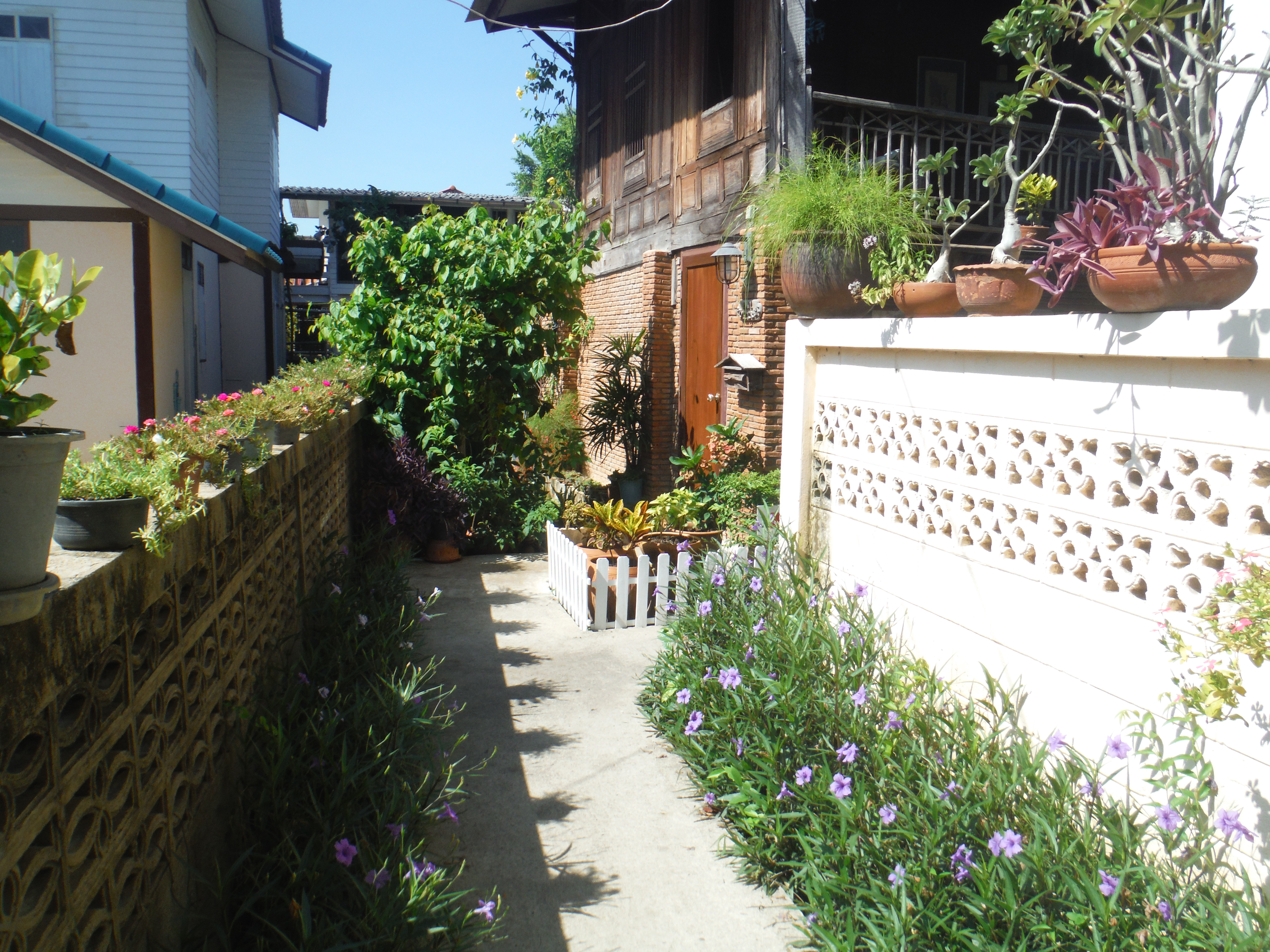When I first entered my ANT 450 Culture, Ecology, and Sustainability class, I did not think too much about human ecology. Of course, I recycled almost religiously and tended to get angry when I saw people litter, but I did not think of the term “human ecology.” Over the course of the semester, I have read about the Bhopal disaster, the effect lawn chemicals have had on the environment, about the commodification of water, and the coal dependency of West Virginia. I appreciate that this class covered a broad range of subtopics within the overall ecology topic, but I would have to say my favorite readings were on Queering Ecology and Chronically Unstable Bodies. I enjoyed the readings that challenged the reader to reconsider how they organized the world around them, and the readings that discussed topics I had previously only vaguely known about, like the reading on the Benefit of the Commons and the reading on Bhopal.
There is, however, one reading that sticks out in my mind in a bad way. The Haraway Cyborg reading. I did end up using it in my portfolio because it went along well conceptually with my topic of perceptions of the body, but her writing style was beyond incomprehensible at times. We read excerpts from her full paper, but I do not know if the cut down version or the full text would be more confusing. The reading for her was unpleasant at best, thought I do know why she would choose stylistically to write that way.
On the very first day of class we were asked what we lay in bed worrying about at night. My initial thought had nothing to do with the environment and everything to do with wondering if one of my matches would spontaneously light and set my apartment on fire, but when we were asked specifically what environmental problem keeps us up at night, the only thought I had was the giant plastic island in the middle of the Pacific. Bigger than Texas, that monstrosity is floating around harming wildlife. Now, I am just as concerned about it, but thanks to this project, I am also thinking a lot about the concept of death. It sounds morbid at first, but the question of when life ends and what should be done with the body has an almost infinite amount of answers. This class gave me the chance to research how different people think about death and what they will do to avoid it. Rarely is a death a good thing, but there are different ways of approaching the loss of a loved one found in every community.
Through the class discussions I have found myself better at speaking up and actually discussing my ideas with other students, rather than sitting passively and taking notes on what others think. I feel like intellectually and personally I have changed a bit- intellectually I now have a better knowledge of some environmental concepts, as well as a better ability to read scholarly articles and extrapolate the relevant information to form a cohesive argument, and personally, I learned to speak up more and to question more concepts and ideas.
